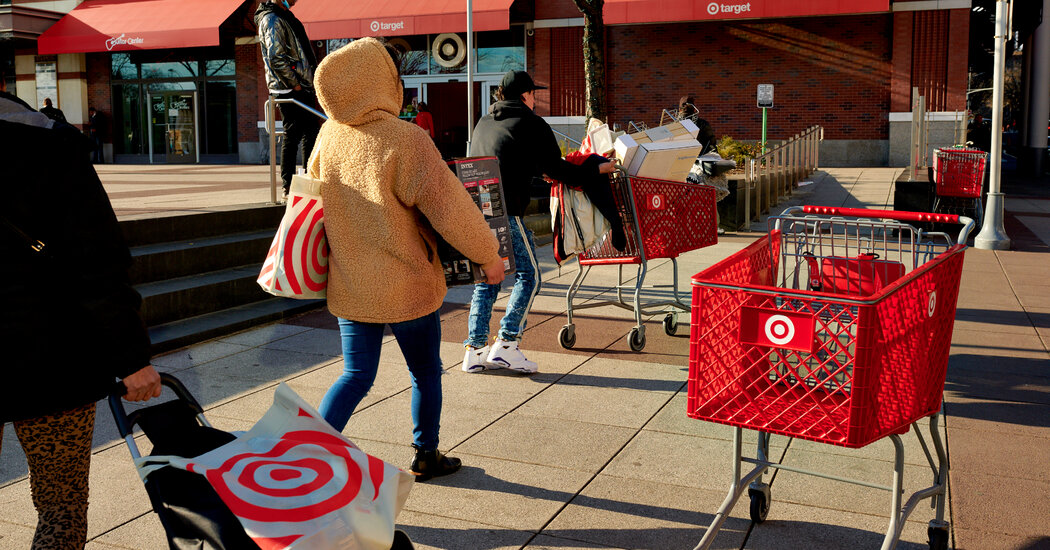
Economists, however, are notoriously terrible at predicting recessions. So it makes sense to focus instead on where the recovery is right now, and on the forces that are threatening to knock it off course.
The State of Jobs in the United States
Job openings and the number of workers voluntarily leaving their positions in the United States remained near record levels in March.
Growth will slow. That’s not necessarily a bad thing.
Last year was the best year for economic growth since the mid-1980s, and the best for job growth on record. Those kinds of explosive gains — enabled by vaccines and fueled by trillions of dollars in government aid — were not likely to be repeated this year.
In fact, some slowdown is probably desirable. The rapid rebound in consumer spending, especially on cars, furniture and other goods, has overwhelmed supply chains, driving up prices. Demand for workers is so strong that jobs are going unfilled despite rising wages. Jerome H. Powell, the Fed chair, said recently that the labor market had gotten “tight to an unhealthy level.”
Some economists, particularly on the left, took issue with that claim, arguing that the hot labor market was good for workers. But even most of them said the recent pace of job growth was unsustainable for long.
“We have torn back toward normal at a really fast pace, and it would be unrealistic to think that could continue,” said Josh Bivens, the director of research at the Economic Policy Institute, a progressive think tank. Even slower wage growth, he said, wouldn’t worry him, as long as pay increases didn’t fall further behind inflation.
But some economists cautioned against rooting for a slowdown in a rare moment when low-wage workers were seeing substantial pay increases, and unemployment was falling for vulnerable groups. The unemployment rate among Black Americans fell to 6.2 percent in March, but was still nearly double that of white Americans.
“The recovery from my perspective is fairly robust, and so why not enjoy this right now?” said Michelle Holder, president of the Washington Center for Equitable Growth, a progressive think tank. She said that while economists were right to be concerned about high inflation, “I don’t think similar voices were this bent out of shape about high unemployment.”



